Alison Yip
“Touristorama”
with an exhibition text by Luca Beeler
March 29 - May 3, 2025
Checklist
émergent magazine
At his official residence, a rude but all too familiar knock at the door disturbed the early dawn. He listened intently, with that faint shudder that always came over him when the courier appeared: A devout adherent of the old faith, who, like a silent reproach, still lingered in the city. And indeed, when he opened the door, there stood the courier—unmoving, as if waiting for a judgement that had already long been spoken. Finally, the courier handed him the letters, whose seals he inspected with practiced eyes. They were intact. In return he gave him two coins of the old currency—an all-too-obvious gesture, which he immediately regretted. Was he not a servant of the Lord—one who did not lose himself in zeal, but one who knew how to conceal his emotions with care? He thanked the courier, as one does, closed the door quietly, and returned to his desk.
The light of the oil lamp flickered uneasily over the topography formed by the letters spread out before him. With practiced familiarity, he skimmed through the texts, sorting them into personal requests, theological questions, and new tidings. Where the categories overlapped, he searched for the right crease to separate them. With the sobriety of one called to the task, he sat there knowing that hardly anyone in the world received and sent as many letters as he did. And so, he had a fairly accurate understanding of the events of the time. Dearth, war, rivers breaking their ancient banks, and hailstones so large that they struck down the flocks in the fields. What seemed disconnected gained meaning when viewed from the end. Perhaps, he thought, with a closer look, a message might be found worth being illustrated by one of the city's artists, printed in the workshops and disseminated. A strong scent of blue fenugreek tore him from his musings. The hard cheese the messenger had brought him the day before still lay neatly wrapped in linen on the table, reminding him it was time for breakfast.
With a full stomach, he fell into a strange, sluggish sleep. The cheese continued its sharp effect on his tongue, as images rose from a depth that seemed Old Testament, formless and muddy. Yet what began to slowly take shape before him lay not in the depths of time, but ahead of it. On a pier, there stood people. In the early shadows, he could make out familiar faces as he approached. A godly family, who had fled here years ago for their faith. The first velvet weaver of the city, diligent and soon a member of one of the guilds. In their hands, they held the fruits of the mulberry tree, which they mindlessly stuffed into their mouths, while the dark red juice ran down their chins. Thousands of silkworms, feeding on the fallen berries, crawled at their feet. Without paying attention to them, they turned and boarded the galleon, not without crushing some of the worms underfoot. The children, now with clean hands, carried stacks of books across the plank.
A small boy came back and gazed at the dreamer, as only children can. His skin appeared pale, almost gray. With a bright voice, he said to the man: "The corpus of the church is dying. But just as from this crushed fruit, the tree, silk, and velvet will emerge, new corporations will arise and sail off to new worlds." The man was overcome with such disgust that he reflexively slapped the boy hard. Before he could wait for his reaction, he woke up. The taste of breakfast was still on his tongue, mingling now with the flavor of mulberries he had never tasted. Had he not long ago rid himself of the reflex to make the sign of the cross, it might have overtaken him now.
– Luca Maria Beeler
Alison Yip is a Canadian artist currently based in Cologne, Germany. Yip holds a BFA from the Alberta College of Art and Design, Calgary. She continued her studies at Kunstakademie Düsseldorf, Germany and received an MFA from the Hochschule für bildende Künste in Hamburg, Germany. Recent solo and two-person exhibitions include Contemporary Art Gallery, Vancouver, CA; Kantine, Brussels, BE; Damien and the Love Guru, Zurich, CH; Galerie Noah Klink, Berlin, DE; Dortmunder Kunstverein, Dortmund, DE; and Lady Helen, London, UK.
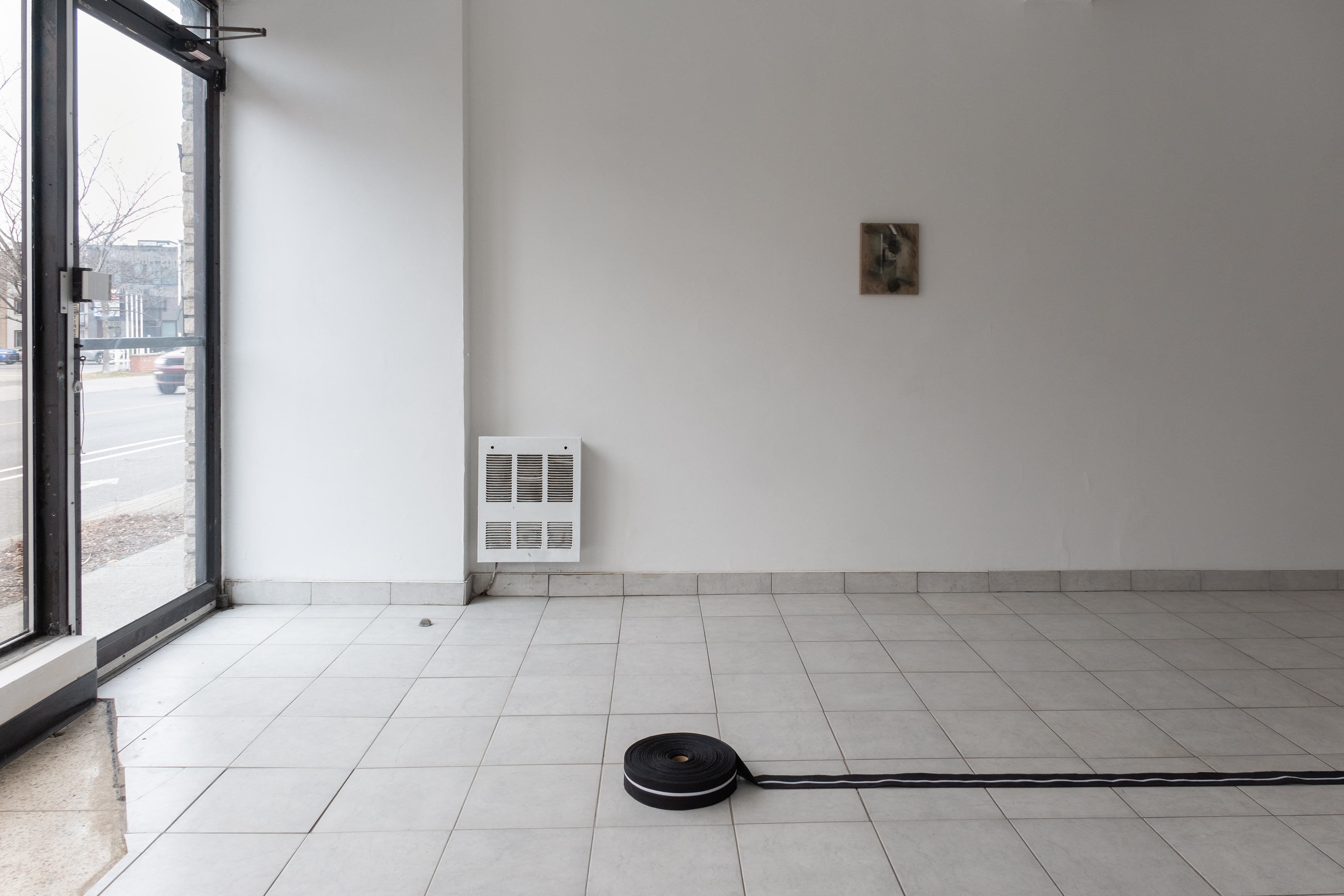
Alison Yip, Touristorama, installation view at Chris Andrews, Montréal. Photo by Simon S. Belleau.


Alison Yip, Untitled (installation view, Zurich), 2025. Oil on linen, 9.5 x 12 inches. Photo by Oskar Lee.



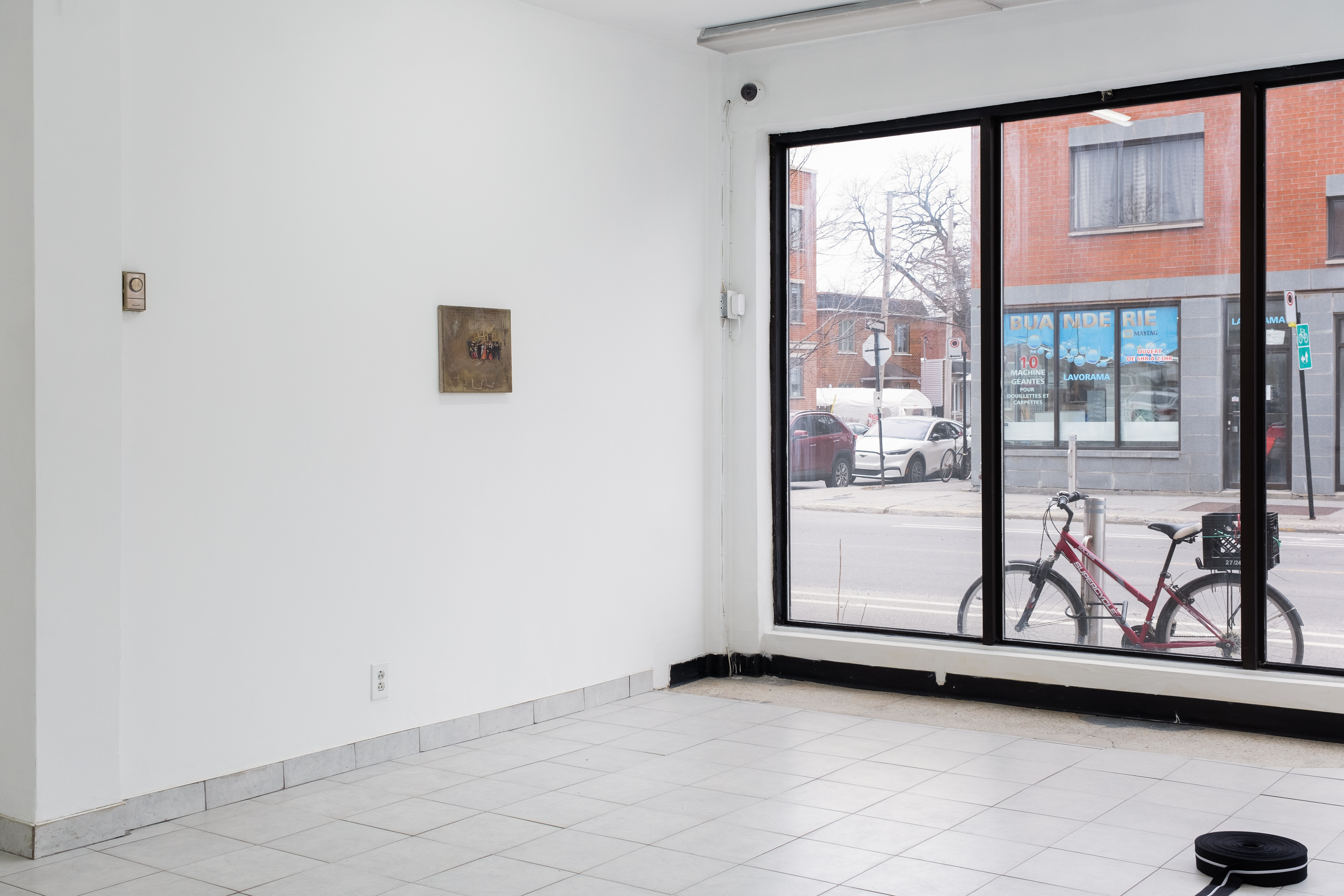

Alison Yip, Function (after William Powell Firth), 2025. Oil on linen, 14 x 12.5 inches. Photo by Oskar Lee.



Alison Yip, Untitled (air bnb), 202. Oil on linen, 9.5 x 12 inches. Photo by Oskar Lee.

Alison Yip, Untitled (Installation view, Vancouver), 2025. Oil on linen, 9.5 x 12 inches. Photo by Oskar Lee.
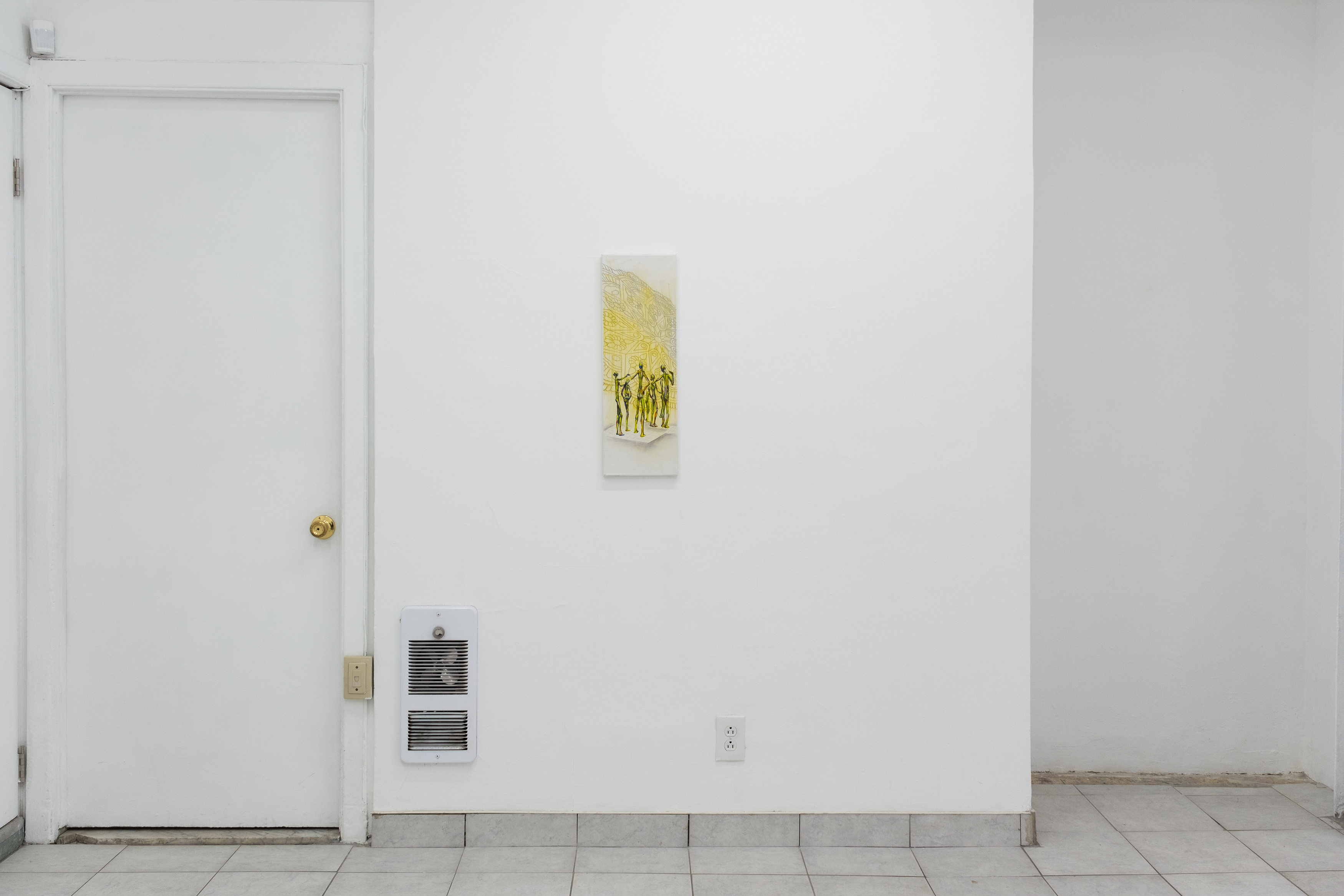
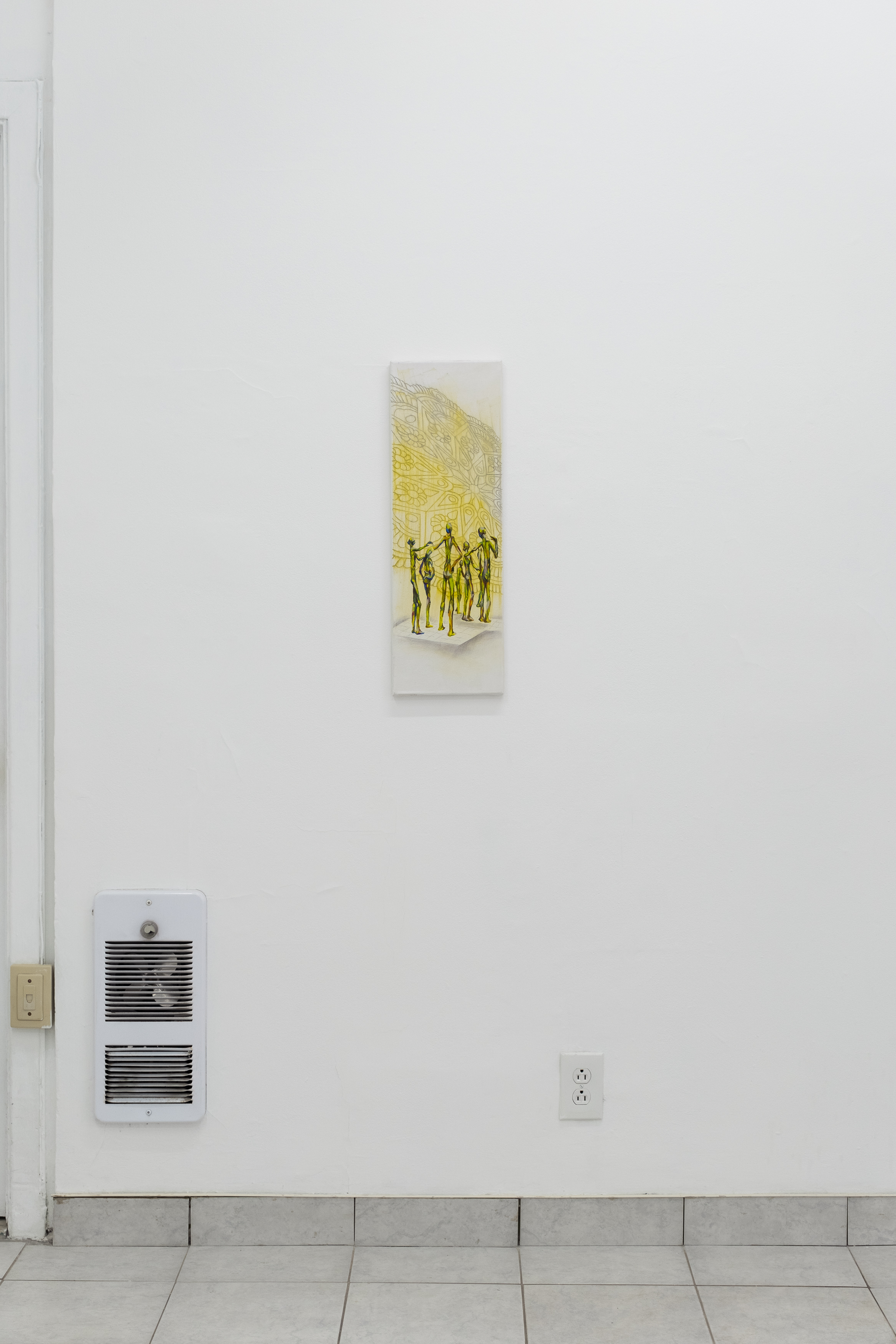

Alison Yip, Untitled (Brotherhood of Mankind with mandala), 2025. Oil on linen, 14 x 12.5 inches. Photo by Oskar Lee.

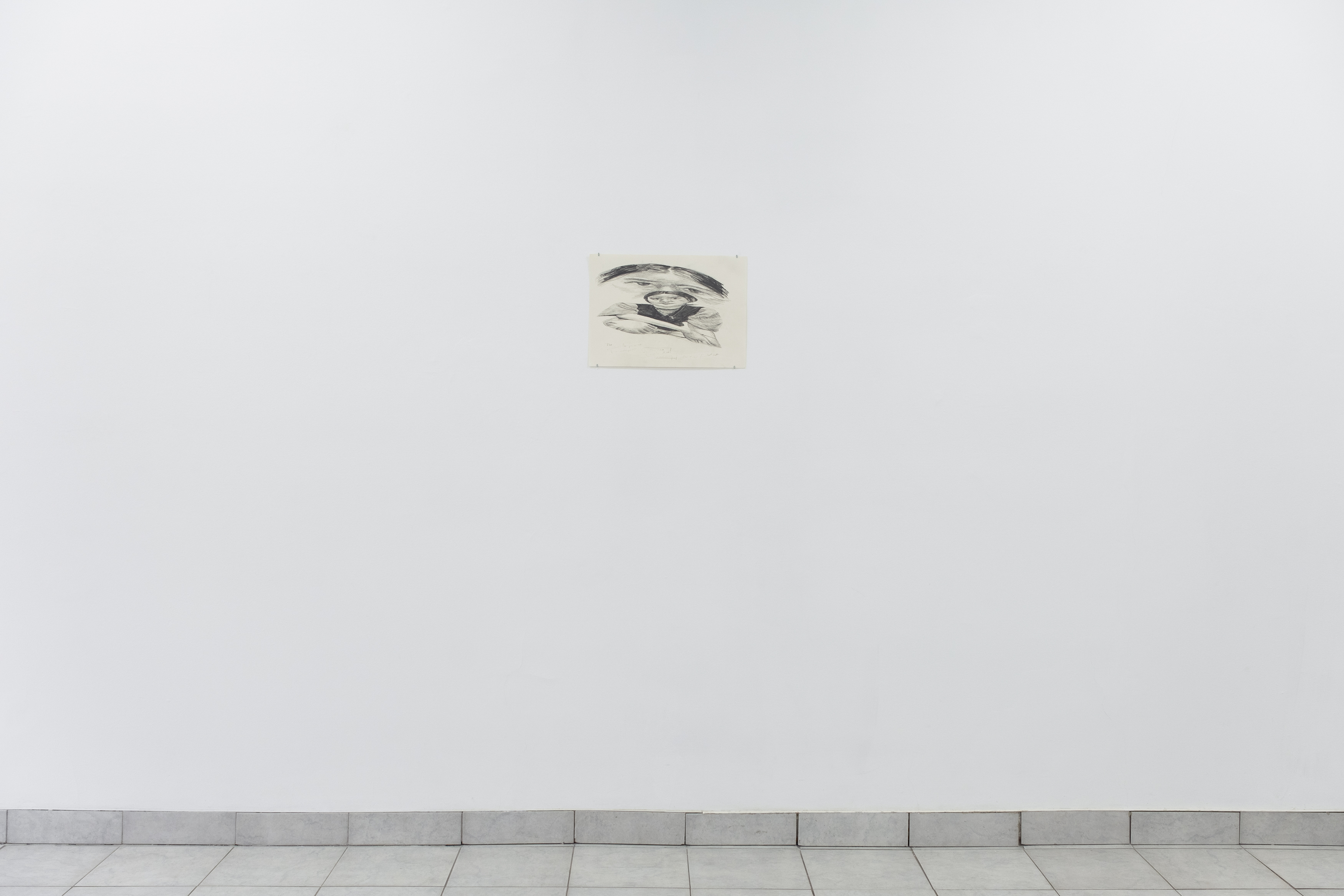

Alison Yip, Untitled (expanded portrait), 2025. Graphite on paper, 12 x 16.5 inches. Photo by Oskar Lee.
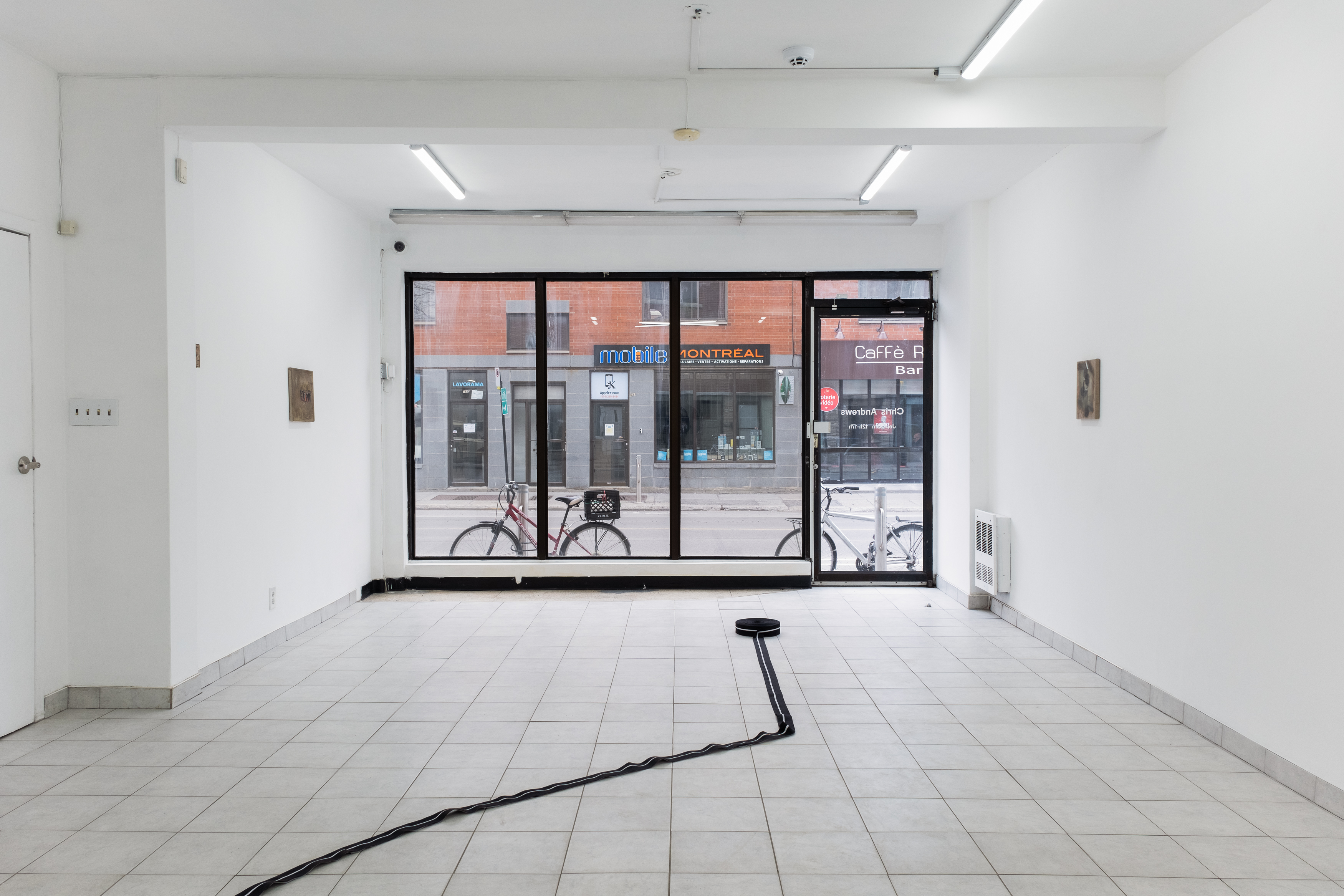
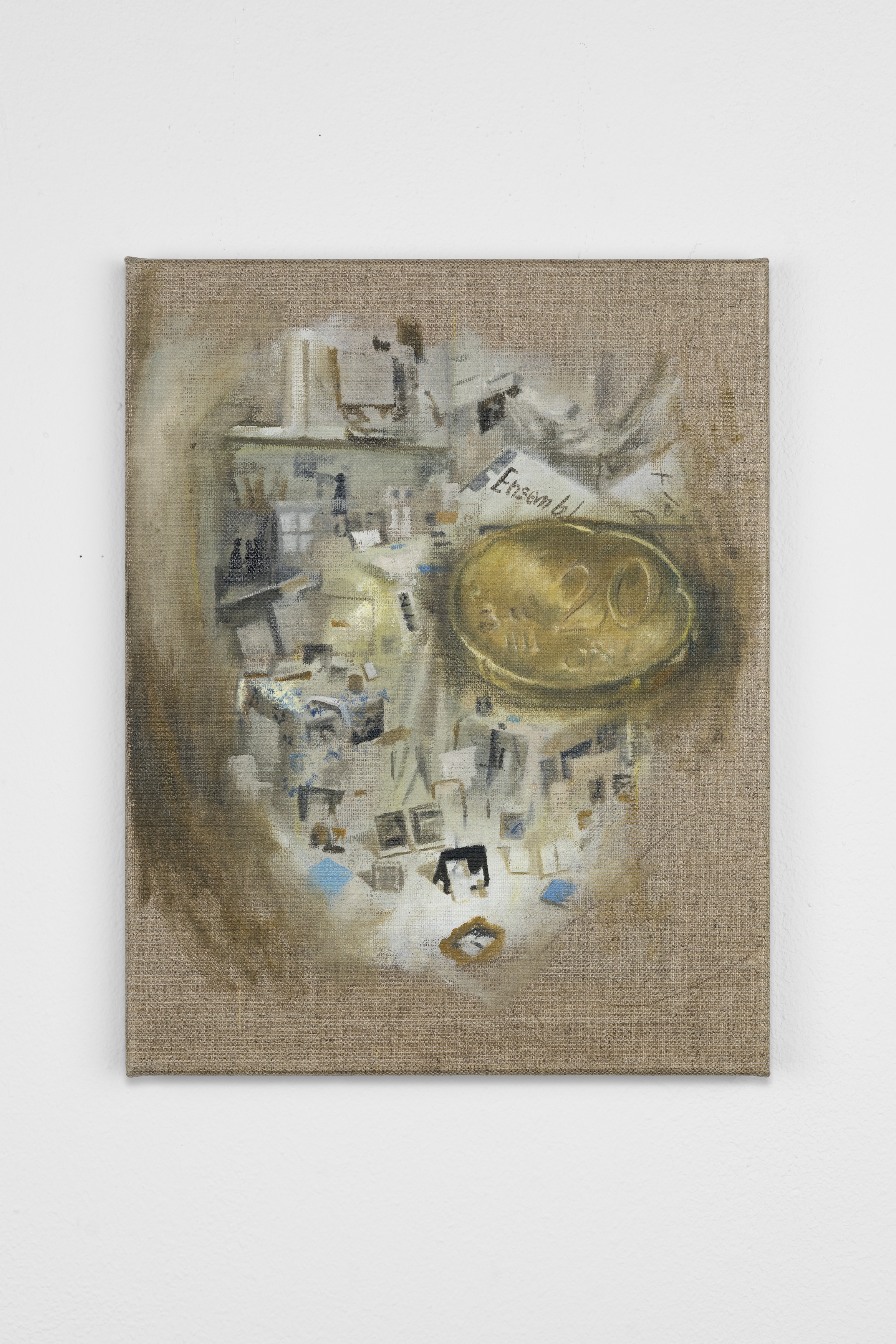
Alison Yip, Untitled (after Anna Oppermann), 2025. Oil on linen, 9.5 x 12 inches. Photo by Oskar Lee.